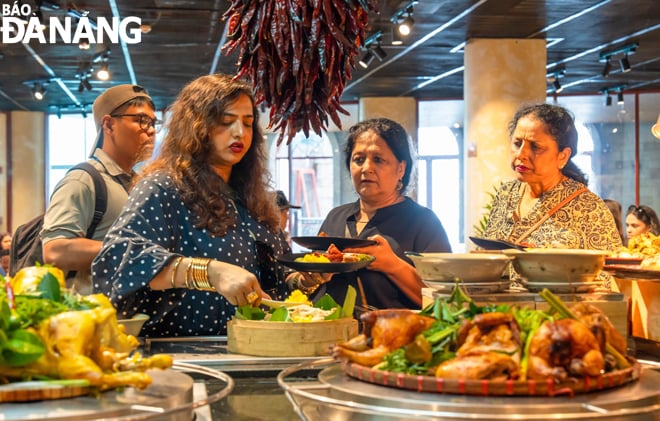 |
| The restaurant has just been certified Halal at Ba Na Hills to meet the needs of Muslim guests. Photo: HA THU |
The Middle East and CIS tourist market, especially Muslim tourists, have strict dietary requirements. Some notable features are strict adherence to Halal regulations, food must be Halal certified; no use of prohibited ingredients (Haram)... They have the concept of cleanliness (tayyib) and purity. In addition to Halal, food must be healthy, uncontaminated (najis), not sharing utensils or processing areas with Haram food; kitchens, cooking utensils, and storage areas must be clearly separated between Halal and non-Halal; food must have clear traceability, be processed hygienically, and be properly preserved. The time and way of eating according to religious regulations is to pray 5 times/day, so arranging meal times to match prayer times is very important.
Muslims have traditional eating habits including grilled meat (kebab), curry, pilaf rice, flatbread (naan, roti), yogurt sauce, herbs such as mint, turmeric, cinnamon... The dishes have a rich flavor, using rich spices but little oil; some people use their right hand to eat...
In the city, there are currently nearly 30 eateries and restaurants specializing in serving Halal-Indian food or for Muslim guests; some restaurants have been certified Halal (by many certifying parties) such as: Bharata Buffet Restaurant at Sun World Bana Hills Tourist Area, Halal Indrapura Restaurant,... Regarding the vegetarian restaurant system, in the city there are more than 20 vegetarian food establishments (vegan, vegetarian) suitable for the tastes of the customer market (famous on travel review websites such as TripAdvisor).
In the past, these establishments basically met the needs of Middle Eastern, CIS, and Muslim tourists. However, in order to improve the scale and quality of dining establishments, the authorities require restaurants specializing in serving Halal food to carefully study technical standards on Halal, pay attention to food, processing methods, etc. For example, TCVN 12944:2020 standard on general requirements for Halal food, Halal food is food that is permitted to be used according to Islamic law.
Through the strict conditions for certifying Halal-qualified food as above, food establishments and investors should carefully study the appropriate standards, contact reputable consulting units on Halal certification (National Halal Certification Center...) for advice, build from the beginning the criteria in the kitchen, food sources, processing procedures and train appropriate staff and chefs.
With more than 1.7 million international visitors to the city in just the first 4 months of 2025, an increase of more than 43% over the same period; including a large number of visitors from countries with Muslim populations such as India, Malaysia, Indonesia, the United Arab Emirates - UAE, Iran ..., Da Nang is opening up a potential market for the Halal service industry. Emirates airline's operation of the Dubai - Da Nang route from June 2025, along with charter flights from Kazakhstan and CIS countries, are strong signals for the flow of high-end and high-spending Muslim visitors to the city.
Tourism industry launches Halal food service startups According to analysis, starting a Halal food service business is not only about tapping into a potential customer market, but also contributing to enhancing the image of a friendly, culturally diverse city, ready to serve international customers according to global standards. Halal standards have clear regulations (TCVN 12944:2020), along with reputable domestic certification agencies ready to support consulting from kitchen design, raw material selection, chef training to operating procedures. With serious preparation, Halal restaurant and eatery models from popular to high-end can completely develop sustainably and become a favorite destination for Muslim customers. |
HA THU
Source: https://baodanang.vn/kinhte/202505/phat-trien-san-pham-dich-vu-am-thuc-halal-4007721/






![[Photo] A delegation of 100 journalists from the Vietnam Journalists Association visits the soldiers and people of Truong Sa island district.](https://vphoto.vietnam.vn/thumb/1200x675/vietnam/resource/IMAGE/2025/5/30/0984a986227d4e988177f560d2e1563e)
![[Photo] Journalists moved to tears at the Memorial Service for the soldiers who died in Gac Ma](https://vphoto.vietnam.vn/thumb/1200x675/vietnam/resource/IMAGE/2025/5/30/9454613a55c54c16bf8c0efa51883456)
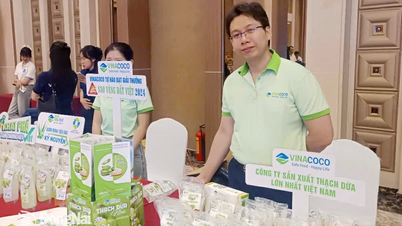





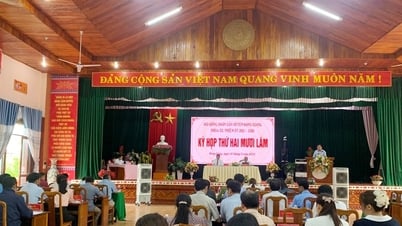











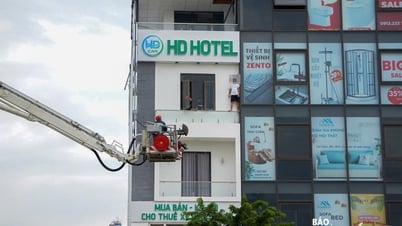
![[Photo] Prime Minister Pham Minh Chinh attends the event "Digital transformation of the banking industry by 2025"](https://vphoto.vietnam.vn/thumb/1200x675/vietnam/resource/IMAGE/2025/5/29/0e34cc7261d74e26b7f87cadff763eae)






















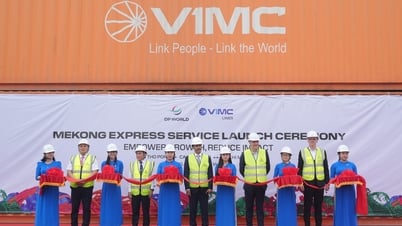















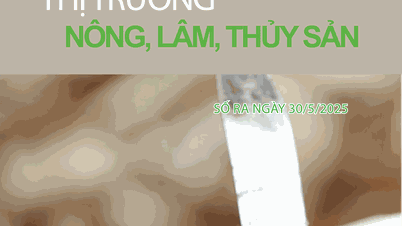








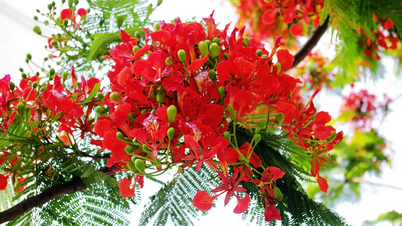













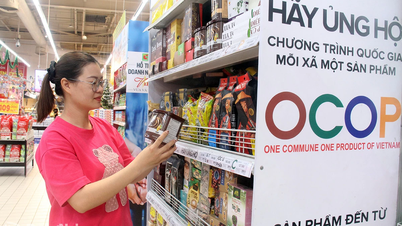




Comment (0)